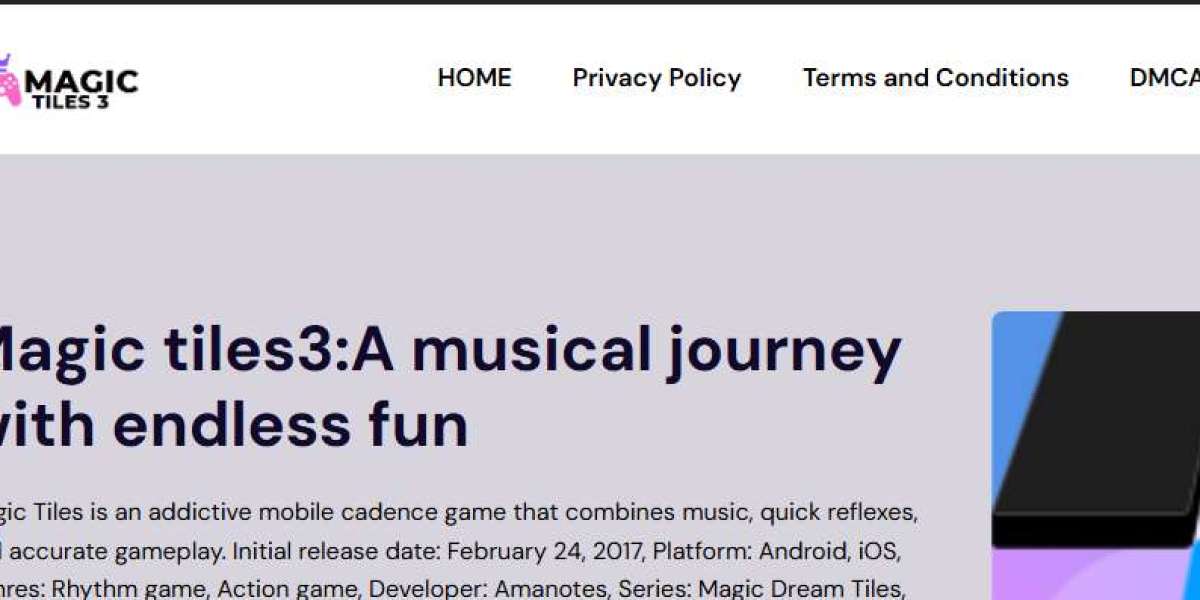Choosing between an online and on-campus Master of Arts (MA) program is a critical decision for students pursuing postgraduate education. The MA full form, Master of Arts, is a degree focused on humanities, social sciences, and arts subjects. Both learning modes offer unique benefits and challenges, making it essential to assess personal preferences, career goals, and learning styles before making a choice. This guide compares online and on-campus MA programs, highlighting their advantages, drawbacks, and factors to consider.
What is an MA Degree?
The full form of MA is Master of Arts, a postgraduate degree awarded in fields such as literature, history, political science, psychology, and sociology. MA degrees are designed to provide advanced theoretical knowledge and research skills.
Both online and on-campus MA programs cover the same academic content but differ in their delivery methods and learning environments.
Pros and Cons of Online MA Programs
Pros:
1. Flexibility and Convenience:
- Study from anywhere with an internet connection.
- Ideal for working professionals and those with family commitments.
2. Cost-Effective:
- Reduced tuition fees compared to on-campus programs.
- No relocation or commuting expenses.
3. Self-Paced Learning:
- Many programs allow you to learn at your own pace.
- Suitable for learners who prefer individualized study schedules.
4. Diverse Program Options:
- Access to programs from global institutions without geographical limitations.
Cons:
1. Limited Networking Opportunities:
- Fewer chances for face-to-face interactions with peers and professors.
2. Self-Discipline Required:
- Greater responsibility for managing time and staying motivated.
3. Technology Dependence:
- Reliable internet and digital tools are essential for uninterrupted learning.
4. Perceived Credibility:
- Some employers may still prefer on-campus degrees, though this perception is changing.
Pros and Cons of On-Campus MA Programs
Pros:
1. Structured Learning Environment:
- Fixed schedules and direct access to faculty and peers.
2. Networking Opportunities:
- Easier to build professional connections and join academic communities.
3. Access to Campus Facilities:
- Libraries, research centers, workshops, and career services.
4. Experiential Learning:
- Greater participation in group discussions, events, and conferences.
Cons:
1. Higher Costs:
- Tuition, accommodation, commuting, and living expenses can be significant.
2. Less Flexibility:
- Fixed class schedules may not suit working professionals.
3. Geographical Limitations:
- Limited to institutions in your region or requiring relocation.
4. Time Commitment:
- On-campus learning demands a full-time commitment.
Key Factors to Consider When Choosing Between Online and On-Campus MA Programs
1. Career Goals:
- If networking and face-to-face collaboration are essential for your career, on-campus programs may be better.
- For careers requiring independent study and research, online options can be equally effective.
2. Learning Style:
- Self-motivated learners often thrive in online setups.
- If you benefit from structure and direct mentorship, on-campus may be ideal.
3. Budget:
- Online programs generally cost less due to fewer overhead expenses.
- Consider tuition, travel, and living costs for on-campus programs.
4. Accreditation and Reputation:
- Ensure both online and on-campus programs are accredited and recognized globally.
5. Field of Study:
- Certain subjects, like Fine Arts, may require in-person interaction and workshops.
- Theoretical courses like Literature or Philosophy may be well-suited for online formats.
FAQs About MA Programs
1. What is the full form of MA?
- The MA full form is Master of Arts, a postgraduate degree in humanities and arts subjects.
2. Which is better: Online or On-Campus MA?
- It depends on your career goals, budget, and preferred learning style.
3. Are online MA degrees valid?
- Yes, as long as they are from accredited universities.
4. Can I switch from an online MA to an on-campus program?
- Some institutions allow hybrid learning models or transfers between modes.
Conclusion:
Both online and on-campus MA programs have their advantages and drawbacks. Your decision should be based on personal preferences, financial considerations, career goals, and the nature of the course. The MA full form, Master of Arts, represents a valuable academic qualification, regardless of the mode of study chosen. Assess your priorities carefully to ensure you select the right program for a successful academic and professional journey.



